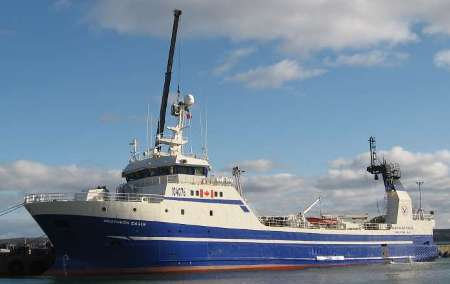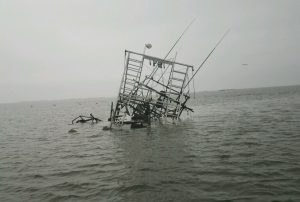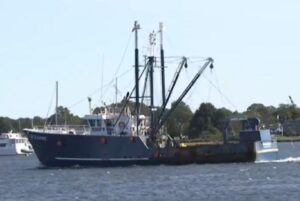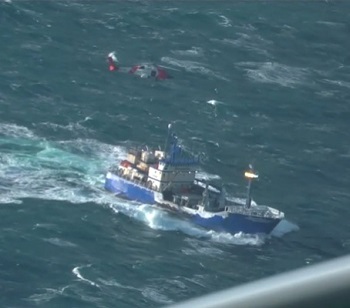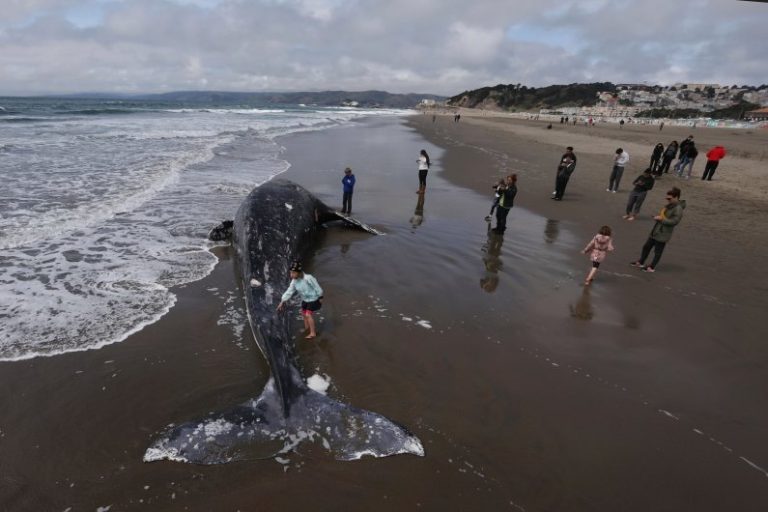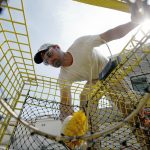Daily Archives: November 9, 2020

Clearwater sold for $1 billion, Mi’kmaq First Nations to control half of company
In a billion-dollar deal, Clearwater Seafoods Incorporated has been sold to a coalition of Mi’kmaq First Nations and Premium Brands Holdings Corporation. The two entities will each own 50 per cent of the new company.,, The deal has been unanimously approved by Clearwater’s board of directors but is subject to approval by shareholders, says a release from the company. The release says the deal signals a massive change in the Canadian fisheries sector, “catapulting First Nations into a leading global position in the seafood industry.” >click to read< 20:17
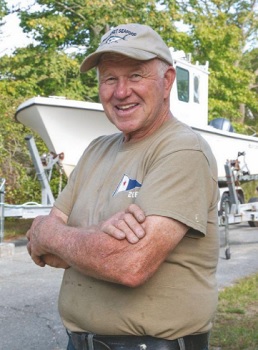
A Q&A With Nantucket Scalloper Carl Sjolund
Carl Sjolund has had his feet on the deck of a boat, fishing island waters for scallops, since he was a little boy. He has seen the shellfish fishery rise and fall. To say that fishing is in his blood is not to turn a phrase, but to state a simple fact. His father Rolf came to the island as a young man, from Norway, fresh out of the merchant marine, and fished Georges Bank. His son Jim scalloped with his dad since he was a kid, graduated from Massachusetts Maritime Academy, and is now captain of the 184-foot Northern Leader, fishing for cod off Alaska. Nantucket is also in his blood. When did you begin scalloping? I got my first scallop license at 12 years old. Charlie Sayle and I had a merger. He had an old boat, and I had an outboard motor, or I forget maybe it was the other way around.,, >click to read< 16:00

Always Top Quality! Your Seafreeze Ltd. Price Sheet for November 2020 Has Arrived!
Contact our sales team today! To review the complete price list from Seafreeze Ltd., >Click here< – “The only thing we treat our fish with, is respect” Seafreeze Ltd! >Click here to visit our website<! 12:47 

New Data Casts Doubt On Johnson’s Offshore Wind Scheme – industry has overestimated the technically accessible wind resource
The Global Warming Policy Foundation (GWPF) has written to the chairman of the Treasury Committee of the House of Commons providing new evidence for their inquiry into the Net-Zero target. The letter presents data from windfarm accounts showing that the wind industry has overestimated the technically accessible wind resource,, This new information shows that it will be necessary to introduce greater separation distances between wind turbines and wind farms, at greater costs. The letter draws attention to the evidence in the audited accounts of Burbo Bank Extension wind farm, recording payments made to another wind farm nearby, in compensation for reduced output caused by so-called “wake effects.” In effect, the Burbo Extension turbines have been taking the wind out of its neighbor’s sails. >click to read< 10:53

Brexit Trade Deal: UK is Open to a Sensible Fishing Compromise, Environment Secretary Says
Trade talks between the EU and the UK after Brexit have been at an impasse for months due to broad differences over fishing quotas, a level playing field, and governance. “There are still differences. On fisheries we’ve always been open to doing a sensible approach, looking potentially at agreements that might span a couple, three years for instance. The issue will become what are the sharing arrangements, how much mutual access do we allow in one another’s waters and that’s obviously a discussion that will happen annually,,, >click to read< 09:20
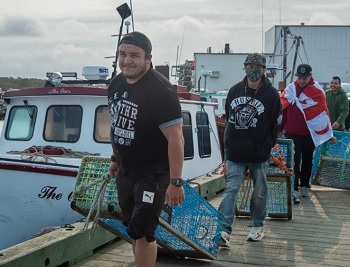
The limits on Crown regulation of Aboriginal and treaty rights
Acting on treaty right recognized in the Supreme Court of Canada’s decision 21 years ago in R v Marshall, the Sipekne’katik First Nation launched its moderate livelihood fishery in the waters off southwest Nova Scotia in early September. Since the fishery’s launch, some have suggested the Canadian government has broad authority to dictate how the Mi’kmaq’s treaty-based fisheries can operate. While the Court in Marshall (and in a subsequent, related decision in Marshall 2) acknowledged Canada could lawfully “regulate” the treaty right, regulate does not mean Canada may legislate and limit the treaty right in whatever way it sees fit. Far from it. As two law professors who teach Aboriginal law, we have decided to weigh-in to provide clarification. Our clear answer is that Canada’s actions, thus far, would not meet Constitutional muster. >click to read< 08:36

































